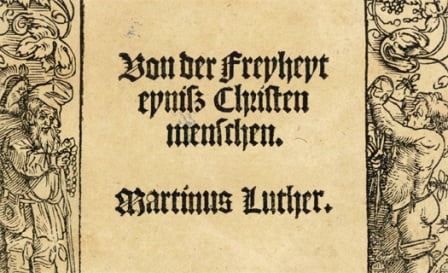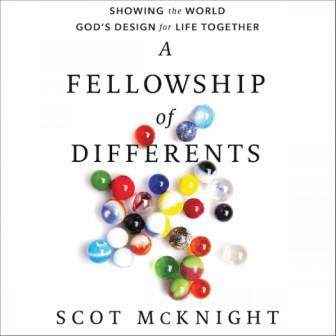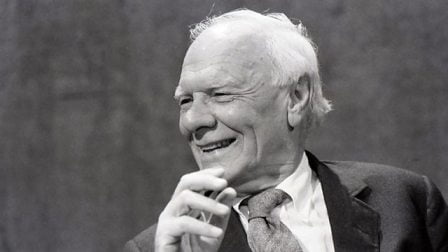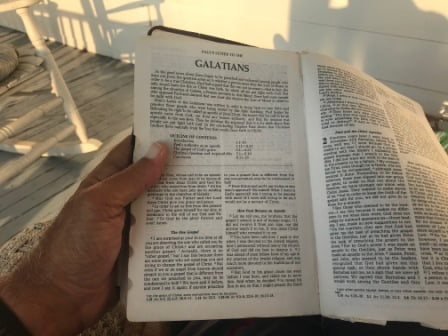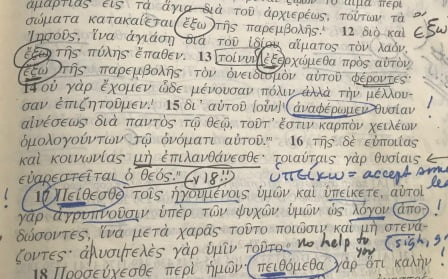Saturday, January 16
7:22 AM New Testament 2 begins next Thursday. It’s all about becoming New Covenant Christians, about following the downward path of Jesus, about towel and basin ministries that attract not-yet Christians to the Good News.
Information leads to internalization and finally to implementation.
The famous painter Henri Matisse once said, “Artists should have their tongues cut out.” An artist’s message should come through on the canvas, not through the chatter of words. I can hear the apostle saying to Timothy and Titus, “If you need to, cut out your tongue and do your ministry, not only talk about it. Let the sheer demonstration of your kingdom lifestyle be what impacts the lives of others.”
The first book my students will read this semester is this one:
A few quotes if I may:
- Orthodoxy is incomplete — a disastrous aberration even — without orthopraxy.
- God is calling out a people who are committed to living lives of genuine obedience to Christ.
- Anyone who tries to make Jesus into a conservative or a liberal must be reading a different Bible than the one I know and love.
- It is my conviction that only when the church keeps its involvement nonpartisan can it go about its legitimate business of serving humanity.
- Power has ruined America. Not only on the liberal left. Now it seems to have done the same for the religious right.
- By “followers of Jesus” I do not mean mere admirers of Jesus, but people radically committed to following his example and teachings– a minority group, if you will, within a culture created by Christian majority groups.
- Neither passive withdrawal nor pro-establishment politicking will do.
- The American church has forgotten this servant role of Christianity. We attempt to exploit the powers rather than persuade them to conform to the way of Christ.
- It is relatively easy to follow Jesus to the cross, but it is considerably more difficult to follow him on the cross.
As I stand before my students and listen to them talk about their churches and ministries, I see these questions in their hearts and hear them in their voices. What is keeping us from obedience? Selfishness, comfort, expediency, church tradition, fear of rejection, control. These have kept me bound for years, but they cannot accompany the downward path of Jesus. Unless you leave all behind you can’t be a real disciple.
So that’s what our class will be all about. Will we study the theme and date of Romans or the discourse structure of Hebrews? Absolutely. Will we accept Jesus’ invitation to be a disciple worthy of him? Stay tuned.
(From Dave Black Online. Used by permission. David Alan Black is author of a number of Energion titles, include The Jesus Paradigm and Why Four Gospels.)





